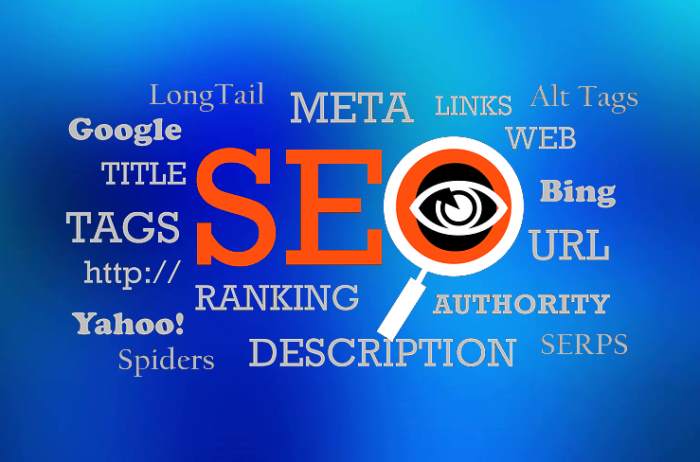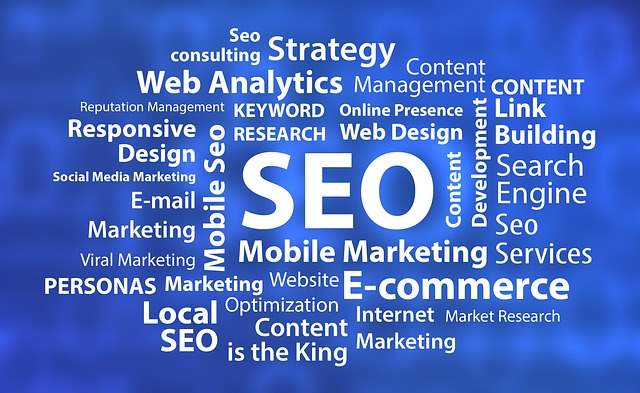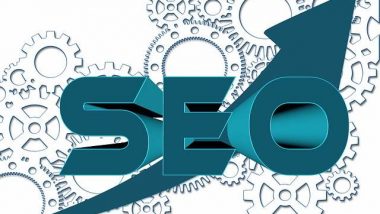If you’re new to SEO and are wondering what on earth a “meta tag” is, then this blog post will be your guide. It’s easy to get overwhelmed by the world of SEO, but don’t worry! Like most things in life, it just takes some time to learn.”
Whether you are an internet marketer or an offline business going online, you are going to hear about search engine optimization (SEO) very early on. SEO is the term online marketers use to refer to the process of getting as much traffic as possible from search engines like Google.

It can be confusing to try to understand this new foreign language that everyone online seems to feel so comfortable with. So rather than struggling to translate everything, learn a few of the basic terms to give yourself a head start.
Here are Some of the Most Common SEO Terms that You’ll Hear
404: A 404 is a webpage error code meaning “page not found” or translated as an address that was used but led nowhere. The page did not exist.
Alt image tags: The alt image tag provides the “alternative text” for an image. Since search engines can’t read an image, you should always provide some text that describes the image as well. It will show up if the image can’t be displayed and will also show if someone mouses over it.
Anchor text: This is the clickable text in a hyperlink. Marketers typically use keywords that describe the linked page as their anchor text, which can help in ranking higher in the SERPS.
Crawler or Crawling: Crawling is the process that crawlers use to find pages on the internet. Crawlers are software tools, or “bots”, like Googlebot and Yahoo! Slurp, which extract information from webpages for search engines to index them.
Hyperlinks: A hyperlink is simply a link you can click on that connects one place to another either on the web or even within a document, such as a slide show. Hyperlinks can be attached to text or images.
Indexed Pages: These are the pages of a site that the spiders have found and listed on their search engine.
De-Indexed Pages: Being de-indexed is a term that refers to any page or group of pages being removed from a search engine’s index. Being de-indexed is among the most common ways for a website to lose traffic and revenue.
Internal links: These are links from one page on a site or domain to another. The opposite is an “external link” which involves linking to a page on another website. Both types of links are important for SEO.
Keyword density: Keyword density is a measure of how many times a specific keyword appears on a page in relation to the number of words on the page. If the keyword density is a high percentage, it can be a warning sign to Google that the page is low quality or spam.
Longtail keywords: A longtail keyword is a search phrase that consists of 2 or more words. Usually, the longer the keyword phrase the more specific the information is that the searcher is looking for. In general, it is easier to rank for a longtail keyword since it will have less competition.
Meta tags: Meta tags are words that appear in the html code for a page, but do not appear on the page itself. They tell search engines specific information about that page. The most common meta tags are for the description (of the page), keywords, and author.
Organic traffic: The free traffic you get naturally from search engines and other directory listings is referred to as organic traffic. The opposite is paid traffic, such as the people who arrive at your site by clicking on one of your ads on another site.
SERPS: This stands for “search engine results pages”. These are the pages you see after you type in a search phrase into Google or other search engines. They’re the results of your search. For anyone with a business online, your goal is to be as high up in the SERPS as possible for any search phrases associated with your business.
Spider: Also referred to as a “crawler”, a “robot”, or a “bot”, spiders are software programs that the search engines use for locating and indexing, or “spidering”, all the pages and websites on the internet. Spiders follow links from one page to another and will revisit sites, indexing new pages as it goes.
Title tags: These are the words that appear in the tab or bar at the very top of your web browser. They are the “title” of the page that a user will see when they look at the top of their browser.

There are many more SEO terms that you’ll hear as you learn more about getting traffic from search engines. Don’t be afraid to ask for definitions and explanations of a term you don’t understand. Even the most seasoned internet marketer comes across terms they are unfamiliar with. It’s all part of the learning process for getting more traffic.

